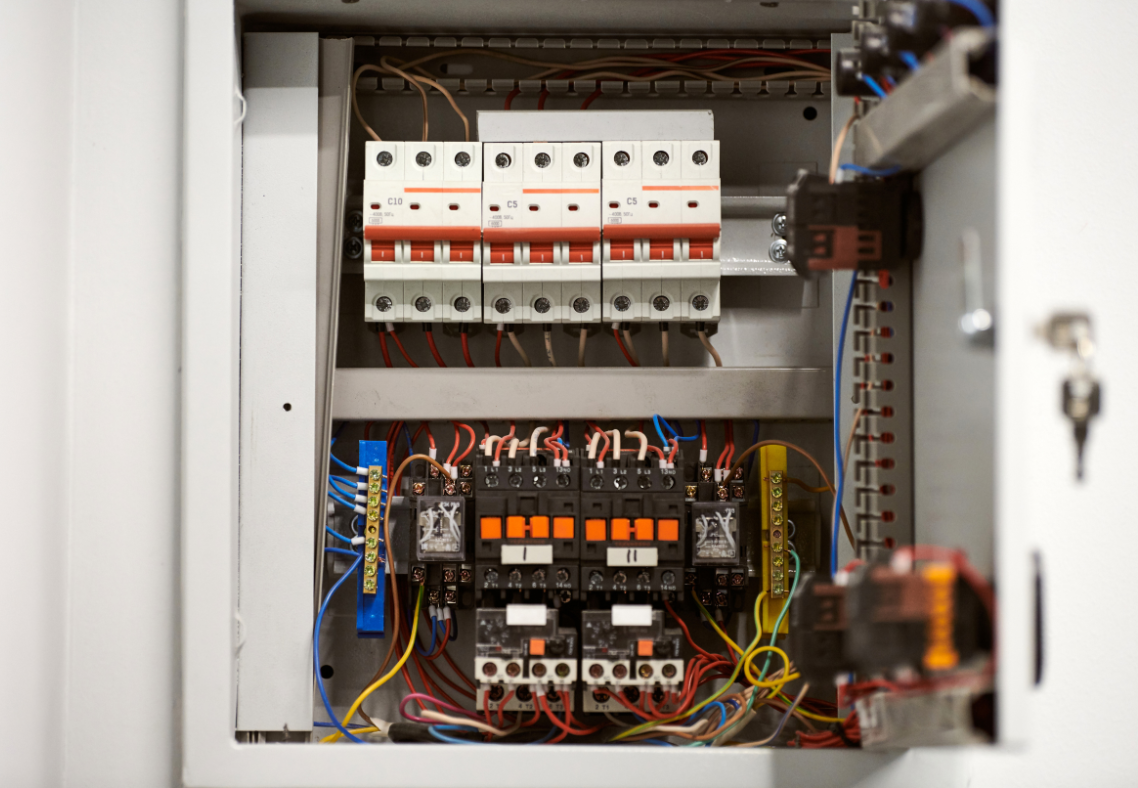How to Prevent Electrical Circuit Overloads
As the vibrant city of Pittsburgh welcomes the arrival of spring, homeowners must prioritize electrical safety and maintenance. Electrical circuit overloads pose significant risks to both property and personal safety, making it crucial to take proactive measures to prevent such occurrences. In this comprehensive guide tailored for residents of Pittsburgh, PA, we’ll delve deeper into the causes of electrical overloads, common signs to watch out for, preventive measures, and what to do in case of an overload emergency.
Answering The Question: How to Prevent Electrical Circuit Overloads
Causes of Electrical Overloads
Understanding the root causes of electrical overload is essential for effectively preventing these hazardous situations. Here are some common factors contributing to electrical overloads:
- Too Many Electrical Appliances: One of the primary causes of electrical overload is connecting too many appliances to a single circuit. This scenario often arises in households with multiple high-power-consuming devices operating simultaneously, such as air conditioners, refrigerators, televisions, and kitchen appliances.
- Faulty Wiring: Faulty or outdated wiring can lead to electrical overload by forcing the electrical system to work beyond its intended capacity. This may result from damaged insulation, loose connections, or improper installation practices, increasing the risk of overheating, short circuits, and potential fires.
- Circuit Breaker Malfunction: Circuit breakers serve as a crucial safety mechanism by tripping and cutting off power during electrical overloads. However, if the breaker is faulty or malfunctioning, it may fail to trip, allowing the overload to persist and potentially cause damage to electrical devices and appliances.
- Power Surges: Power surges occur when there is a sudden increase in electrical current flow, often triggered by lightning strikes, power outages, or grid switching. These surges can overwhelm electrical circuits, damaging appliances and posing fire hazards if left unchecked.
- Lightning Strikes: Direct lightning strikes can cause severe electrical damage, leading to overloads, fires, and even explosions. Implementing lightning protection systems and observing safety precautions during thunderstorms are essential preventive measures to mitigate these risks.
Signs of Electrical Overloads
Recognizing the signs of electrical overload is crucial for identifying potential hazards and taking corrective action. Keep an eye out for these common indicators:
- Flickering Lights: Lights that flicker, especially when high-power appliances are in use, may signify an overloaded circuit struggling to accommodate the increased electrical demand.
- Tripped Circuit Breakers: Frequent tripping of circuit breakers indicates that the circuit is carrying more current than it can safely handle, prompting the breaker to cut off power to prevent damage.
- Burning Smell: A distinct burning odor emanating from electrical outlets or appliances suggests overheating wires or damaged insulation, signaling a potential fire hazard that requires immediate attention.
- Warm Electrical Outlets: Touching warm electrical outlets could indicate an overloaded circuit, prompting the need for inspection and possible repairs by a licensed electrician to prevent further damage.
- Buzzing Sounds: Audible buzzing or humming noises coming from outlets or appliances may indicate loose connections, damaged wiring, or other electrical issues requiring professional assessment and resolution.
Preventive Measures
Taking proactive steps to prevent electrical overloads is essential for ensuring the safety and reliability of your home’s electrical system. Here are some preventive measures to consider:
- Electrical Load Calculation: Conduct an electrical load calculation to determine your system’s capacity and avoid overloading circuits. A qualified electrician can assist you in assessing your electrical needs and optimizing circuit distribution accordingly.
- Regular Electrical Maintenance: Schedule periodic inspections of your electrical system to identify and address potential hazards. Inspecting outlets, appliances, and wiring for signs of wear and tear can help prevent overloads and minimize the risk of electrical fires.
- Circuit Breaker Upgrades: Upgrade your circuit breakers to match the demands of your appliances and ensure reliable overload protection. Modern circuit breakers equipped with advanced features can provide enhanced safety and performance.
- Surge Protection Devices: Install surge protection devices to safeguard your electrical system from power surges that can cause overloads and damage appliances. These devices act as a buffer, absorbing excess voltage and protecting sensitive electronics from potential harm.
- Avoiding Circuit Overloading: Be mindful of the number of appliances connected to each circuit and avoid overloading them with excessive loads. Unplug unused appliances and distribute high-power devices across multiple circuits to prevent overloads and minimize fire risks.
- Avoid Extension Cords: Minimize the use of extension cords or multi-outlet converters, as they can increase the risk of overloads and fire hazards. Instead, plug appliances directly into electrical outlets or use surge-protected power strips to ensure safe power distribution.
In Case of Electrical Overload
Should an electrical overload occur, it’s essential to take prompt action to mitigate risks and ensure safety. Here’s what to do in case of an overload emergency:
- Shut Off Appliances: Immediately power down all appliances connected to the overloaded circuit to prevent further damage and reduce the risk of electrical hazards.
- Turn Off Main Power Supply: If necessary, deactivate the main power supply by switching off the main circuit breaker or disconnecting the main power switch to isolate the overloaded circuit.
- Contact a Licensed Electrician: Seek assistance from a qualified electrician to diagnose and address the overload issue promptly and effectively. Professional intervention is essential for resolving electrical emergencies and ensuring the safety of your home and family.
Contact Waldron Electric Today For Electrical Circuit Repairs In Pittsburgh, PA
Don’t leave the safety of your home and loved ones to chance. Contact Waldron Electric, your trusted electrician in Pittsburgh, PA, for professional electrical circuit repairs and maintenance. Our team of licensed electricians is equipped with the expertise and experience to address all your electrical needs promptly and efficiently. Schedule an appointment today to safeguard your home against electrical overloads and ensure peace of mind for years to come.

